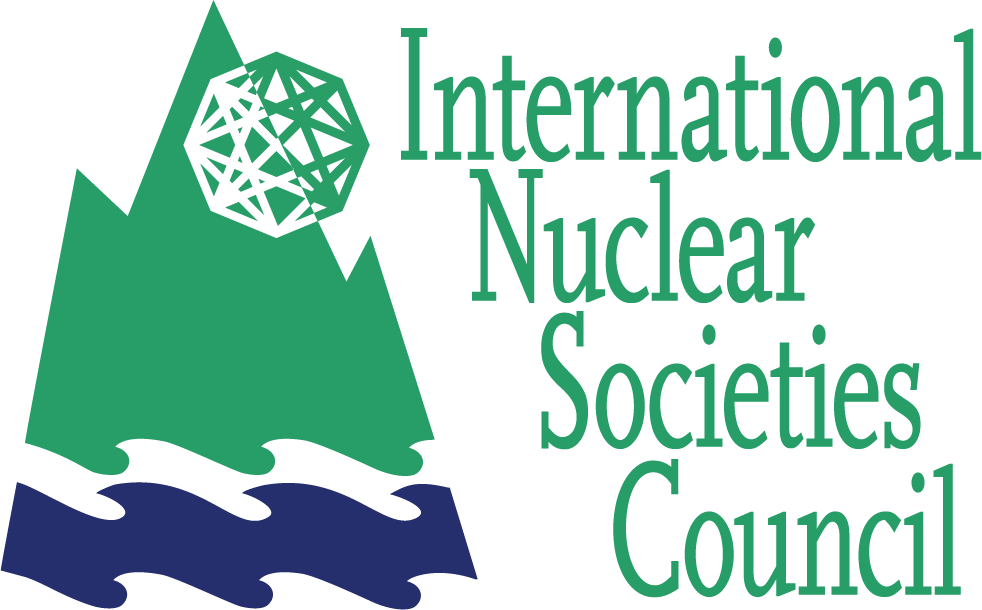Small Modular Reactors
For the purpose of this International Nuclear Society Council (INSC) position statement, small modular reactors (SMRs) are defined as nuclear reactors with power outputs of 300 MWe or less per module and include both light water reactor (LWR) and non-LWR advanced reactors. While the existing nuclear power plants have been successfully suppling carbon-free electricity economically and will continue to do so for many countries in foreseeable future, the small size and modular nature of SMRs have potential to meet rapidly changing world carbon-free energy demand with improved flexibility.
The smaller size of SMRs means that most systems can be manufactured and assembled in the factory, compared to traditional LWRs, for which a larger fraction of the work must be done on the construction site. As a result of automation, factory fabrication offers an opportunity to achieve high quality, along with repeatability, which can lead to improved standardization and lower costs. SMRs have inherent safety features due to smaller reactor core size permitting reduced emergency planning zones. Thus, SMRs can be located closer to population centers, and the siting flexibility implies that energy can be supplied near the demand, minimizing investment in transmission.
The modular approach permits investment requirements to be more gradual and levelized over the years. Moreover, some SMRs operate at high temperatures and are particularly well-suited for both electricity generation and other energy applications such as process heat and hydrogen production. SMRs are designed for high operational flexibility in addition to reliability, and therefore are able to complement variable renewable energy sources and support society with clean energy.
The International Nuclear Society Council calls on all parties to recognize the near-term opportunity presented by SMRs to provide safe, reliable, clean, and affordable energy to meet the demands of society for clean energy. INSC supports advancing the R&D, testing, regulations, manufacturing capabilities and policies necessary to enable the deployment of first-of-a-kind SMRs, leading to a broad use of standardized reactors and to a possible global deployment of these technologies in the near future. INSC sees that the investment in SMRs is an additional support to the successfully operating and under construction large reactors, and it is justified by further expanding the role of nuclear energy in the world.
